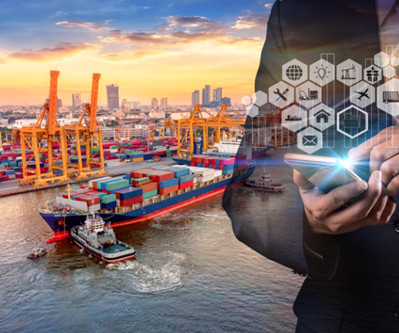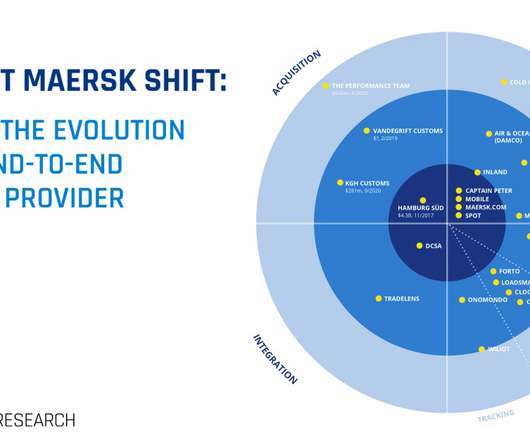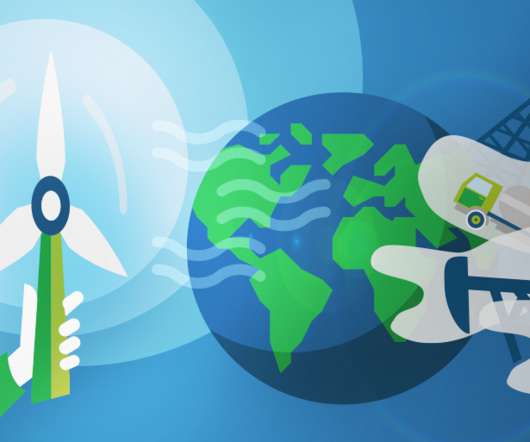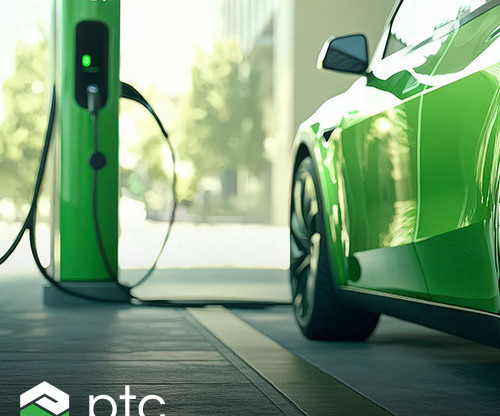The Future of Autonomous Supply Chains Part 1: Autonomous Shipping
Logistics Viewpoints
JUNE 12, 2024
Autonomous supply chains can help businesses by enabling faster and more accurate demand forecasting, optimizing inventory levels and distribution networks, automating warehouse and delivery operations, and enhancing customer service and satisfaction. They also ensure the confidentiality, integrity, and availability of data and communication.















Let's personalize your content